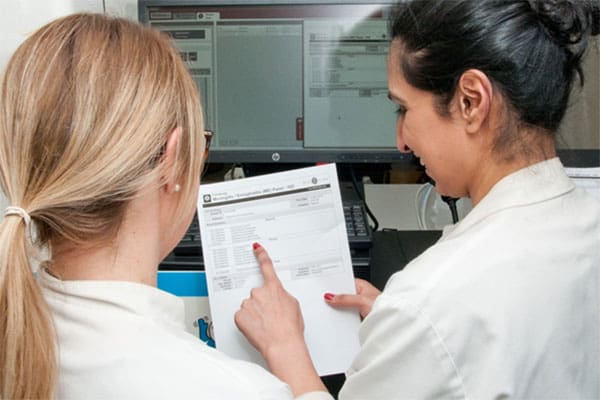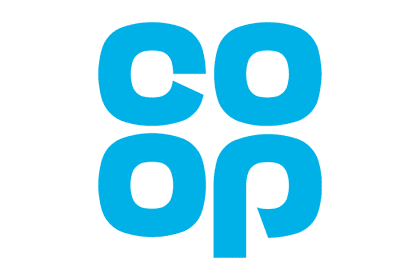The new Children’s Emergency Department at Stepping Hill Hospital is in need of toys and activities to distract and calm the 25,000 children that they treat each year. The department sees children from 0-15 suffering from a variety of medical and surgical conditions, injuries and mental health crisis. Children attending the Emergency Department (ED) can find it a scary and unsettling experience and the wait for treatment long and boring. The ED team would like to make the waiting room bright and welcoming with the addition of an aquatic bubble tube and wall mounted activity boards. These items will help to alleviate fear by distraction and help pass the time waiting for treatments.
Donate now
More Projects
Lancasterian School, Manchester – Acheeva Graduate Bed
This year we are providing two Acheeva Beds for Lancasterian School in West Didsbury, Manchester, a special school for children aged 3-16.
Find out more →Tameside General Hospital – SpiroConnect system
In cold weather our hospitals will see an increase in respiratory problems such as asthma, which affects one in 11 children in the UK. In addition to coughing, wheezing and breathlessness, asthma can leave kids feeling tired all the time and at greater risk of stress and anxiety. Severe asthma attacks can be life threatening. […]
Find out more →Green Fold Special School, Bolton – Acheeva Graduate Beds
We are providing two new Acheeva Beds for Green Fold Special School in Bolton. These are unique work stations that allow children with physical disabilities as well as Profound and Multiple Learning Disabilities (PMLD) to lie in a supported, balanced posture while participating in classroom learning. The Acheeva Bed is compact and easily moveable, and […]
Find out more →“Infections of the central nervous system need urgent and appropriate treatment. Most laboratory methods can take from 24 to 48 hours for diagnosis of bacterial meningitis and three to seven days for diagnosis of viral meningitis or encephalitis. The new equipment will mean we can get results of these tests in around an hour. We’ll be able to inform the clinicians of a positive result, allowing targeted therapy and reassurance to the patients and families. Just as important is the reporting of negative results, which may enable treatment withdrawal and possibly a shorter hospital stay.”
Dr Pradeep Subudhi
Consultant Microbiologist
Royal Bolton Hospital











